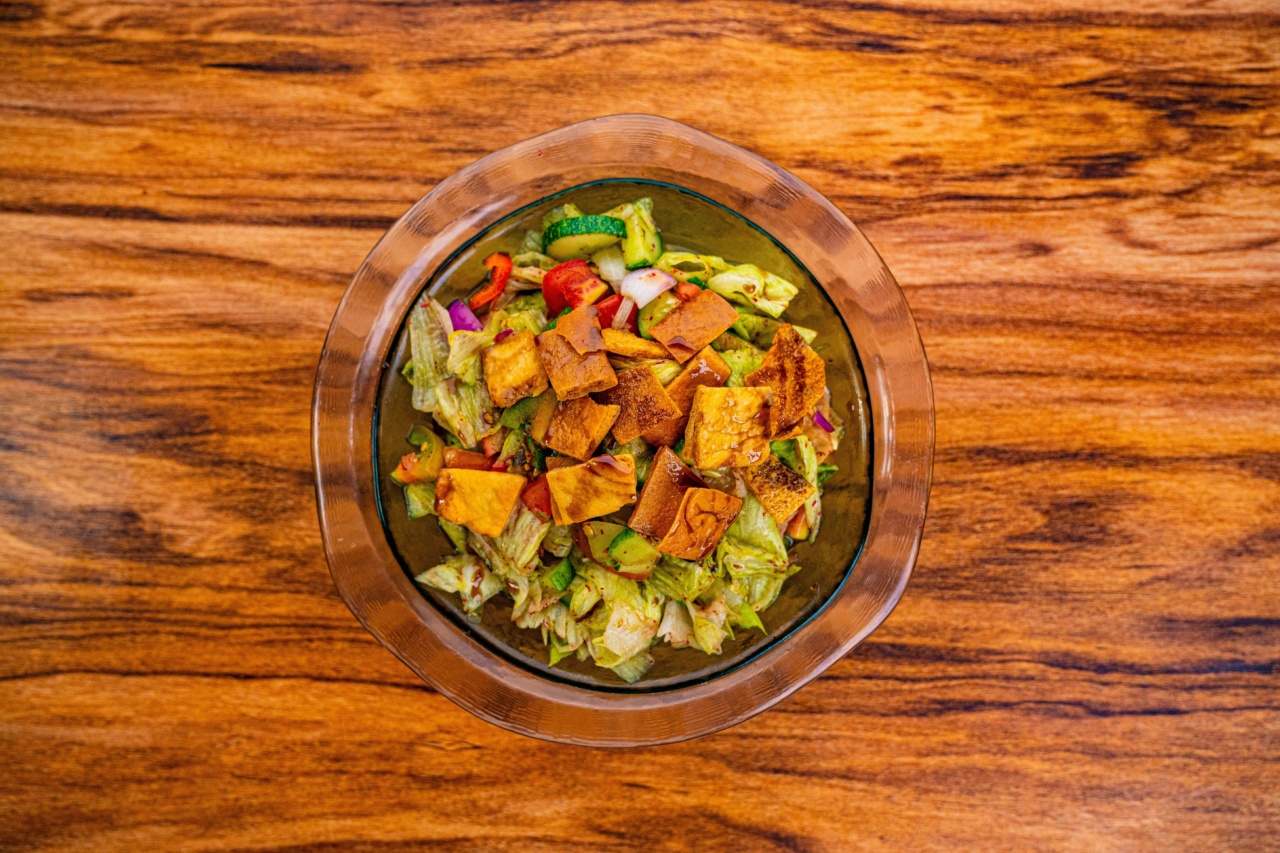Maintaining a healthy diet is a crucial part of a healthy lifestyle.
A balanced diet provides your body with the nutrients it needs to function properly, improves overall health, and reduces the risk of chronic diseases such as type 2 diabetes, heart disease, and certain types of cancer. In this ultimate guide, we will explore everything you need to know about maintaining a healthy diet, including tips on how to make healthy food choices, what foods to avoid, and how to create a balanced meal plan.
Understanding the Basics of a Healthy Diet
A healthy diet involves consuming a variety of nutrient-dense foods that provide your body with the necessary vitamins, minerals, and macronutrients such as carbohydrates, protein, and fats.
However, the exact ratio of these nutrients may vary depending on your age, sex, and physical activity level.
Carbohydrates are the primary source of energy for your body. Sources of healthy carbohydrates include whole-grain bread, rice, and pasta, as well as fruits and vegetables. Protein is an essential nutrient that is important for muscle growth and repair.
Sources of lean protein include chicken, fish, beans, and nuts. Fats are also an essential nutrient that is important for brain function and energy. Sources of healthy fats include nuts, seeds, avocados, and olive oil.
Tips for Making Healthy Food Choices
Making healthy food choices is essential for maintaining a healthy diet. Here are some tips to help you make healthy food choices:.
1. Opt for whole, minimally processed foods.
These foods tend to be more nutrient-dense and contain fewer additives and preservatives than highly processed foods.
2. Choose lean sources of protein.
Opt for skinless chicken, fish, beans, and legumes instead of red meats and processed meats, which are high in saturated fat and harmful additives.
3. Increase your vegetable intake.
Vegetables are a great source of vitamins, minerals, and fiber, and can help reduce the risk of chronic diseases. Aim to fill half your plate with non-starchy vegetables such as broccoli, carrots, and leafy greens.
4. Incorporate healthy fats into your diet.
Healthy fats, such as those found in nuts, seeds, and avocados, can help promote heart health and reduce inflammation in the body.
5. Limit your intake of added sugars and refined carbohydrates.
Added sugars and refined carbohydrates, such as those found in processed snacks and sugary beverages, can increase the risk of chronic diseases such as type 2 diabetes and obesity.
Foods to Avoid
While a healthy diet involves consuming a variety of nutrient-dense foods, there are some foods and beverages that should be avoided or consumed in moderation to maintain good health. These include:.
1. Sugary Beverages
Beverages such as soda, fruit juice, and sports drinks contain a significant amount of added sugars, which can increase the risk of chronic diseases such as type 2 diabetes and heart disease.
2. Processed Snacks and Foods
Processed snacks and foods tend to be high in added sugars, refined carbohydrates, and unhealthy fats. These foods can contribute to weight gain and increase the risk of chronic diseases.
3. Red Meat and Processed Meats
Red meat and processed meats such as bacon, sausage, and hot dogs can increase the risk of heart disease and certain types of cancer. These foods should be consumed in moderation or replaced with lean protein sources.
Creating a Balanced Meal Plan
One of the best ways to maintain a healthy diet is to create a balanced meal plan. A balanced meal plan includes a variety of nutrient-dense foods from all food groups. Here are some tips to help you create a balanced meal plan:.
1. Start with a protein source
Aim to include a source of lean protein in every meal, such as chicken, fish, beans, or lean cuts of red meat.
2. Add non-starchy vegetables
Fill half your plate with non-starchy vegetables such as broccoli and spinach. These foods are a great source of vitamins, minerals, and fiber.
3. Incorporate healthy fats
Healthy fats such as those found in nuts, seeds, and olive oil can help promote heart health and reduce inflammation in the body. Aim to include a source of healthy fats in each meal.
4. Choose whole, minimally processed carbohydrates
Whole, minimally processed carbohydrates such as whole-grain bread, brown rice, and sweet potatoes are a great source of energy and can help keep you fuller for longer.
In Conclusion
Maintaining a healthy diet is essential for overall health and well-being.
By following the tips outlined in this ultimate guide, you can make healthy food choices, avoid harmful foods and beverages, and create a balanced meal plan that promotes good health. Remember, small changes to your diet can lead to big improvements in your overall health.



























